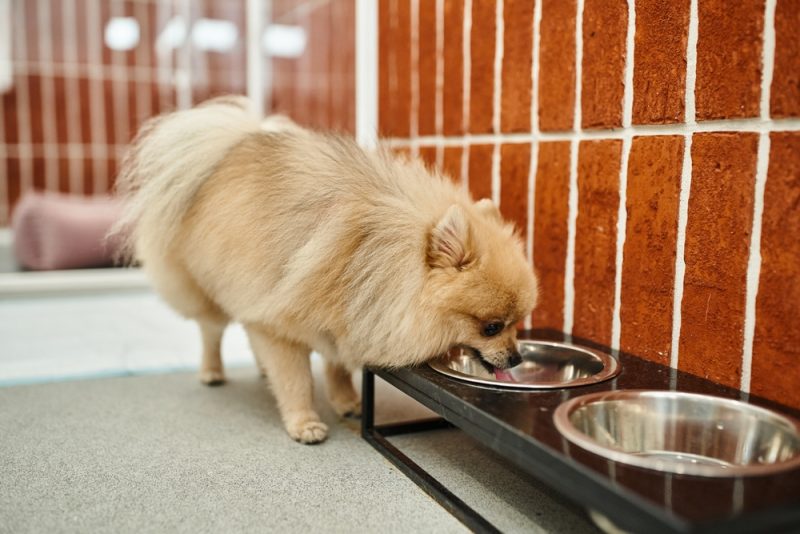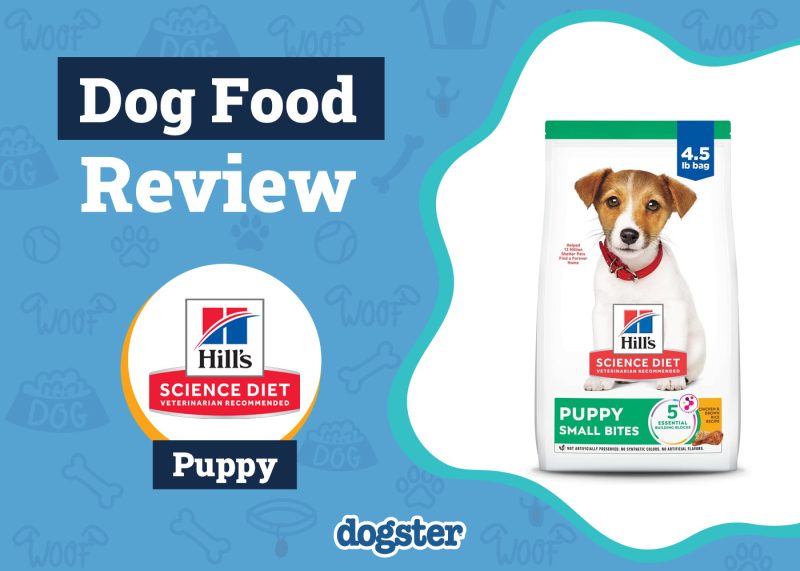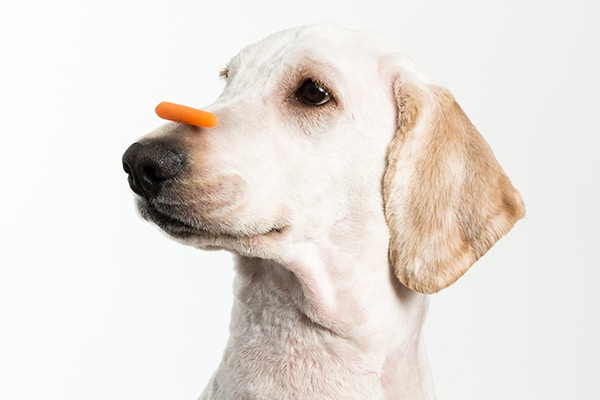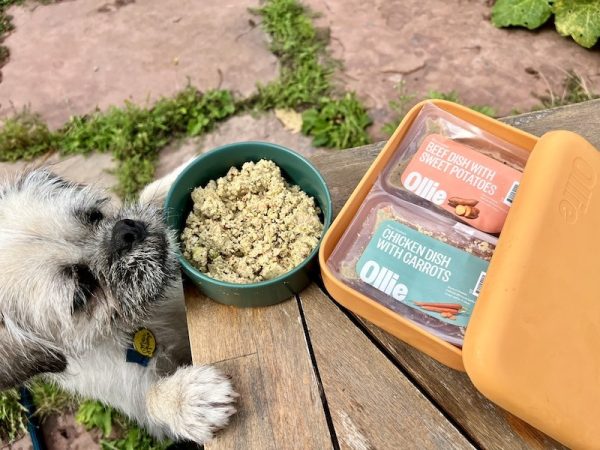An ethical dog breeder is someone who breeds dogs to improve or preserve the breed. They choose to invest in breeding and prefer quality over quantity with their litters. They should not only have a deep understanding of the breed they work with but also all the necessary skills and knowledge on how to breed ethically.
It takes plenty of work, time, and finances to be an ethical dog breeder, so finding one can be challenging. There are just as many unethical dog breeders as there are ethical ones. It’s important to do plenty of research before selecting an ethical breeder to buy your puppy from. When you choose to get a dog from an ethical breeder, you pay for the health and quality of the puppy.
If you are struggling to find an ethical dog breeder, this article will help guide you through the process.

How to Find an Ethical Dog Breeder
Finding an ethical dog breeder rarely happens on a whim. It can take time and thorough research before you finally come across an ethical dog breeder that meets your standards. However, if you are having trouble deciding where to start looking, there are several ways to find one.
The easiest way to find an ethical dog breeder is to ask for referrals. This can be from veterinary professionals, other dog breeders, or trusted friends and family members.
- Veterinarians: Local veterinarians might know ethical breeders in the area that get their dogs genetics tested, and health checked by them.
- Breed clubs: Dog breed or parent clubs are made up of devoted dog owners and breeders who take pride in preserving a specific dog breed. They usually have a list of registered breeders that participate in the club.
- Other breeders: Other ethical dog breeders may not specialize in the specific breed you want but can refer you to the ethical breeders who do.
- Professional dog shows: You could visit professional dog shows or their online websites to ask about any available ethical breeders.
What to Look For
Aside from a good knowledge of the dog breed, here’s what to look for in an ethical dog breeder.
1. Only Focuses on One or Two Breeds
Most ethical breeders only focus on breeding one or two dog breeds rather than several at once. This is because they only breed the dogs they are most knowledgeable in and devoted to improving. They also won’t keep more dogs than they can reasonably care for, both space and money-wise. Ethical breeding can be challenging if you are focusing on too many dog breeds at once, which can start to negatively affect the quality of the puppies.
However, there are still some ethical breeders that can specialize in multiple different breeds without dropping their standards.
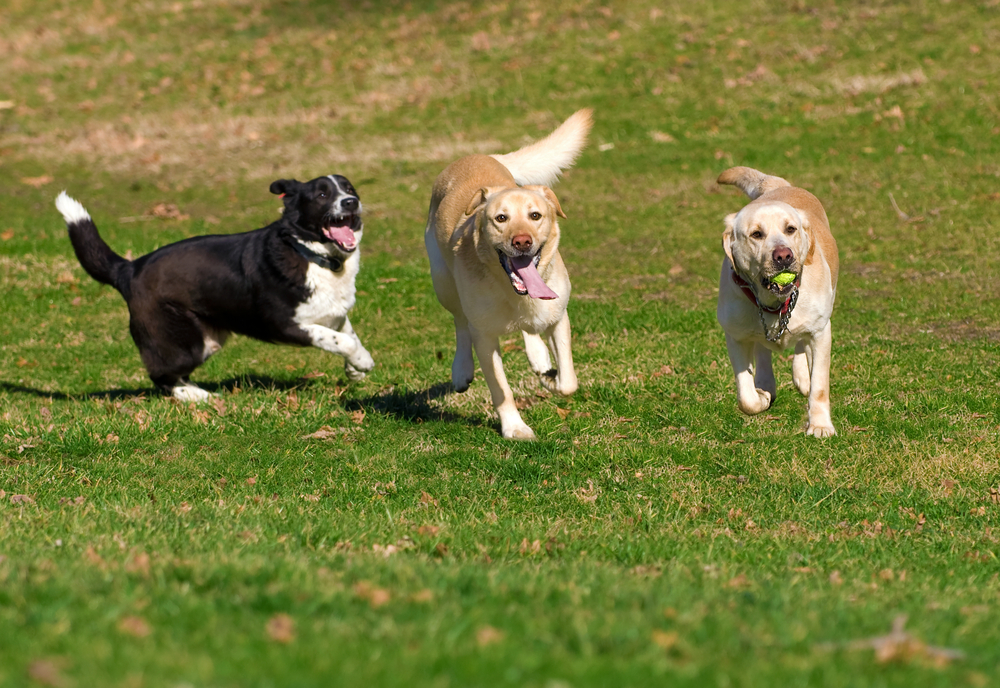
2. Follows the Breeders Code of Ethics
Ethical breeders should follow the Code of Ethics as a basis for their breeding practices. The Code of Ethics sets the standards for ethical breeding and can vary depending on location. Generally, the breeder’s Code of Ethics asks prospective breeders to comply with the necessary laws and regulations and abide by certain requirements.1
- Ethical conduct and fair dealing.
- Proper animal husbandry practices.
- Maintain high health and care standards.
- Member code of conduct.
- Accuracy of books and records.
- Factual advertising.
3. Genetic Testing
There are so many important reasons for ethical breeders to have their sires and dams’ genetics tested. Genetic testing allows breeders to choose the right parents to produce healthy puppies. Without genetic testing, ethical breeders won’t know if the parents have any hidden diseases that the puppies could inherit.
Furthermore, genetic testing helps breeders detect specific coat types and colors that the dogs carry in their genes.
Aside from testing their DNA, other screening tests may be necessary. For example, in breeds prone to hip dysplasia, parental hip scoring is recommended.2 For breeds with heart conditions, sometimes heart screening is recommended before breeding.3 Look into which genetic diseases are common in your particular breed, and how they can be best prevented.

4. They Don’t Let Puppies Leave Too Early
Ethical dog breeds won’t let you take the puppy home too early. Most ethical breeders are ready for their puppies to leave between 8 to 10 weeks old. The puppy needs to be no younger than 8 weeks old when they leave an ethical breeder. Puppies benefit from time with their mother and littermates learning social skills. One study found that puppies separated from the litter earlier than 8 weeks had a higher incidence of behavioral problems later in life.
5. Early Socialization
Ethical dog breeders are devoted to caring for their dogs and litter. Not only do they feed the dogs in their care a nutritionally complete and balanced diet and keep them in safe living conditions, but they spend time socializing them too. A puppy’s socialization period begins with the breeder by the time they are three weeks old. Early socialization is essential for puppies and helps prepare them for various animals, people, and situations.
Ethical dog breeders will encourage you to train and socialize the puppy when you get them home. They might also refer you to obedience training or puppy socialization classes.
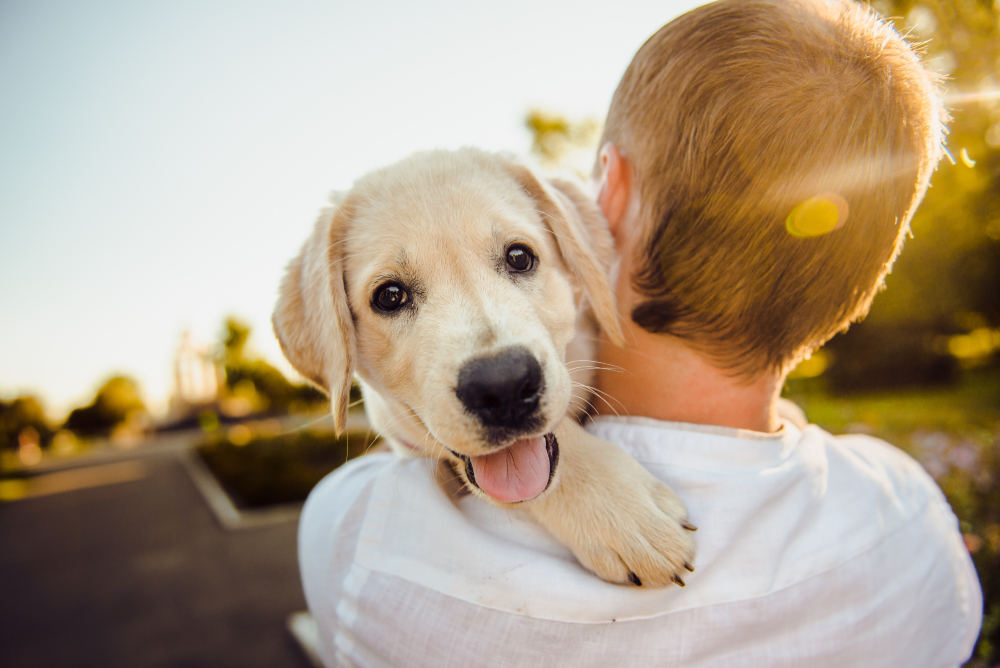
6. Waiting Lists
It’s normal for ethical dog breeders to have a waiting list of people interested in buying their puppies. This is because ethical breeders breed their dogs for quality rather than quantity. They follow responsible breeding practices and understand the limitations of the canine reproductive cycle. Avoid breeders that have multiple litters from the same female twice a year or more.
The health of the parents and puppies is more important than the number of puppies being produced. Some ethical breeders could have a waiting list of only a few weeks or months, while others for several years. However, your patience is usually rewarded after the wait when you receive a quality puppy. Ethical breeders will keep you updated while you wait on the expected litters and when they will be ready to be taken home.
7. Provides Four-Generation Pedigree
Ethical breeders will be able to provide you with a four-generation pedigree to show a purebred puppy’s lineage. Pedigree papers are proof that your puppy is purebred. It contains a list of their ancestors, breeders, and any performance or sports titles. An ethical breeder will always provide you with the necessary pedigree papers.
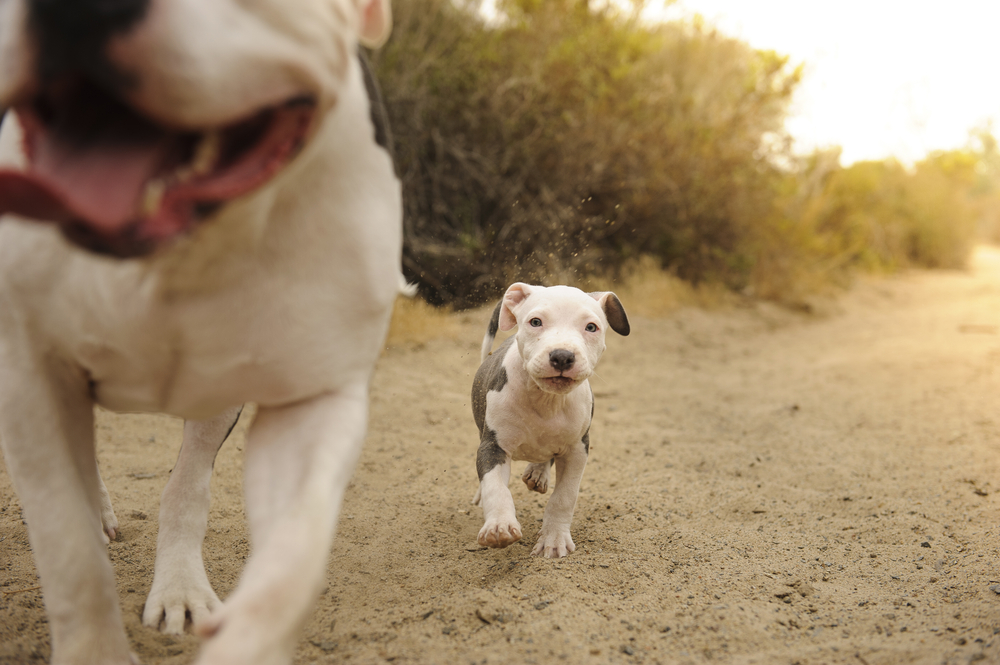
8. Provides the Necessary Paperwork and Certificates
Ethical breeders won’t simply let you leave with the puppy without giving you the necessary paperwork and certificates. Plus, you will need to sign a contract of sale to ensure the puppy will be cared for properly. There is quite a bit of paperwork involved when buying a puppy from an ethical breeder.
- Contract of sale
- Proof of lineage
- Veterinary documentation
- Registration papers
- Pedigree certificate
- Genetic health test documentation
- Proof of vaccinations, microchipping, or other necessary procedures.
9. They Ask a Lot of Questions
An ethical breeder will be ready to ask you all of the necessary questions that can help you decide if you will be a responsible dog owner. These questions are important, as ethical breeders don’t want their puppies falling into the wrong hands. If they feel you do not meet their requirements to buy one of their puppies, they may turn you away.
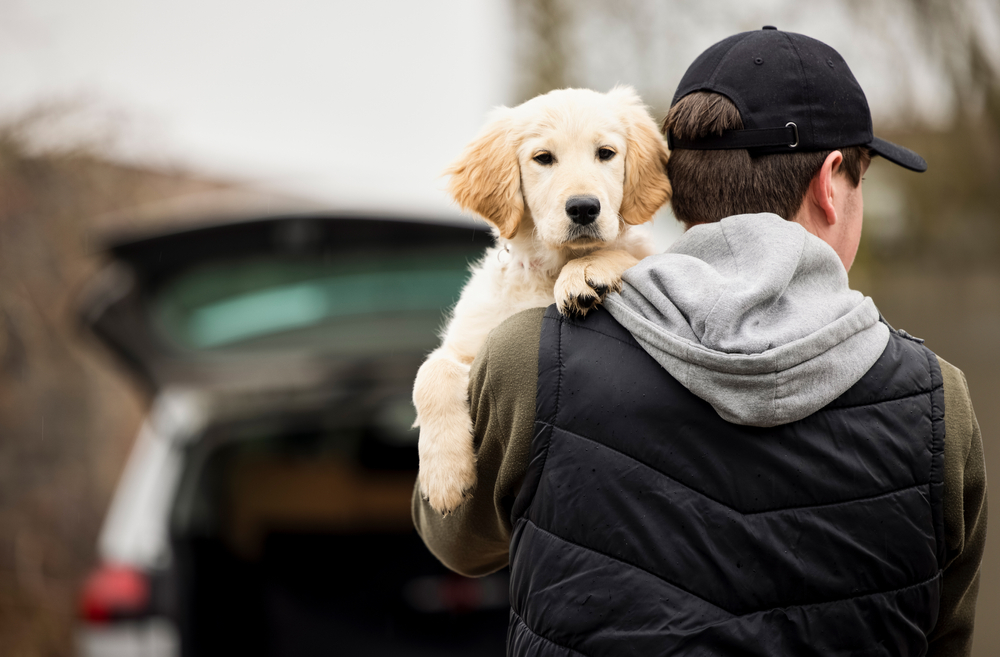
10. They are Willing to Take the Puppies Back
Ethical breeders will always be prepared to take their puppies back if something doesn’t work out while they are in your care. This prevents their dogs from ending up as strays or in shelters. Ethical breeders care about the welfare of their puppies and will ensure they have a safe place to live at all times.

Questions to Ask an Ethical Dog Breeder
An ethical dog breeder will welcome as many questions as possible regarding their breeding practices and the health of their dogs. They will seem eager to answer your questions as it shows them that you could be a responsible buyer. It is not a good sign for a breeder to turn down your questions or seem hesitant or unable to answer them. However, you don’t want to overwhelm the breeder with too many questions at once and it’s important to give them time to answer them.
Here is a general list of potential questions you can ask a breeder to determine if they could be ethical or not.
- How long have you been breeding this specific dog breed?
- Can you visit the facility where the dogs are being bred?
- What are your breeding standards?
- Why did you start breeding with this specific dog breed?
- Do you follow any breeder’s Code of Ethics?
- Do you belong to the breed parent clubs?
- Have the parents undergone genetic testing? If so, what were the results?
- Are your dogs vaccinated, free from parasites, and well-groomed?
- What is the parent’s and puppies’ diet like?
- Have the puppies been socialized?
- Does the puppy have four-generation pedigree papers?
- Do you have a waiting list for the puppies?
- How often do you breed the same dam in a year?
- At what age do you allow the puppies to be brought home?
- What do you look for when selecting responsible owners to take home your puppies?
- Does the puppy come with all the required paperwork and certificates? If so, what are they?
- Do I need to sign a contract?
- What is your refund policy?


Summary
You will not regret finding an ethical dog breeder if you want a quality puppy with good genetics, health, and all the necessary paperwork. Ethical dog breeding is an investment that requires exceptional knowledge and skills.
You can determine if a dog breeder is ethical by asking them different questions about their dogs and breeding practices. You want to ensure that you are happy with the breeder before you commit to buying one of their puppies. An ethical breeder will be open to answering your questions and providing you with the necessary paperwork.
Featured Image Credit: Iuliia Bondarenko, Shutterstock



